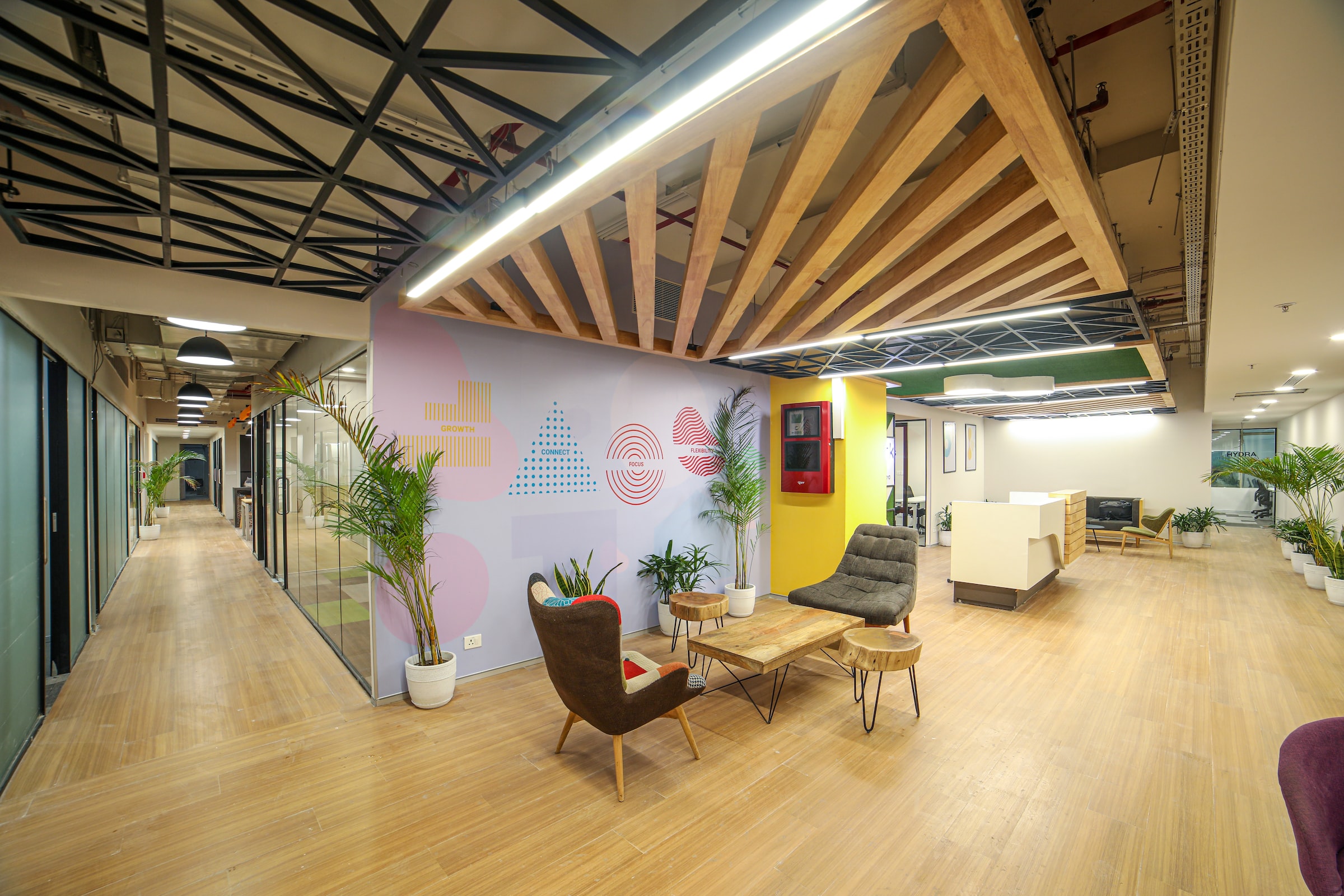Well Designed Spaces are Victor Maningo’s forte. He is a trained architect with over 25 years of experience and a passion for architecture.
Victor is Vice President for global market development for International Well Building Institute (IWBI). He has a Masters of Corporate Real Estate and holds a Bachelor Degree of Art in Design.
His primary role is to assist the exponential growth in Asia, a market quickly adopting the WELL building standard.
Listen to the following clips for Victor’s expertise on Well Designed Spaces:
THE WELL BUILT OFFICE ENVIRONMENT
“[I] remember those horrible days of cubicle farms in the 80s and 90s. [Office] spaces are now more experiential, more people focused.” — Victor Maningo
The office must be an environment you want to spend time in.
Victor’s mission is to build community, while still providing a variety of office formats, allowing employees to do their best work.
Technology has untethered us from the old factory work paradigm. In addition, Victor says it’s liberated us from the confines of four walls, with bad lighting and no access to nature.
WELL DESIGNED OFFICES ARE WHOLISTIC
“Another client [gives] healthy recipes, mindful exercises, tips on reducing stress [to their employees]. Those tools are invaluable, not just within the building, but [for] at home.” — Victor Maningo
Companies are encouraging employees to integrate physical activity into their daily routines. More specifically, offices are providing vending machines with a range of nutritious products.
Making snacking healthier and convenient isn’t all they’re doing. In addition, offices offer treadmills and gyms to help employees keep fit.
Moreover, one client developed an app that sends COVID communications. This subsequently provides transparency to the organization and helps keep their employees safe.
WELL CERTIFICATION COMPONENTS
“The standard really is a cross bridge of building science, health science, and behavior science.” — Victor Maningo
Victor tells us the ten concepts for WELL Building: the topics of air, water, nourishment, light, movement, sound, thermal comfort, materials, mind and community.
Through data driven strategies, WELL Building Standard is a full scope approach to create optimal indoor ambience.
Subsequently, WELL certification looks at building performance, operations and management, and how these can come together to have a positive impact on people’s health and well-being.
WELL DESIGNED OFFICES ARE TASK BASED
“I’m currently hearing from clients that workplace solutions are going to be more task based rather than location based.” – Victor Maningo
Because of Covid, demands and expectations are shifting from the boardroom to the supply chain.
Therefore, an organization must empower workers to choose when and where they do their best work. Secondly, for employee retention, companies need to be competitive and offer flexibility.
Lastly, whether it’s in office or at home, HR policies and technology solutions can enable the workforce to do their best.
WELL DESIGNED OFFICES IN YOUR HOME
“You know, the pre-pandemic trend was a ‘resimercial’ scenario. We were making offices look more like our homes, and now we’re going to make our homes look more like the office.” – Victor Maningo
Victor says it’s an interesting challenge for organizations because they’re going to have to pay people to essentially decorate their homes.
With various options including an allowance, stipend, or a methodology, it is unclear what the best solution is.
Yet architects and designers have so much data, it must therefore be utilized for developing workspaces at home and in the office.
CONCLUSION FOR WELL DESIGNED SPACES
Victor’s workplace solution would be finding a way to measure psychological safety.
Stress is subjective and subsequently challenging to observe. Specifically, employees have different tolerance levels and trigger points.
Therefore, if it could be measured individually, it could be dealt with effectively. In the end, it would create happier and healthier workplaces.


 5’
5’



